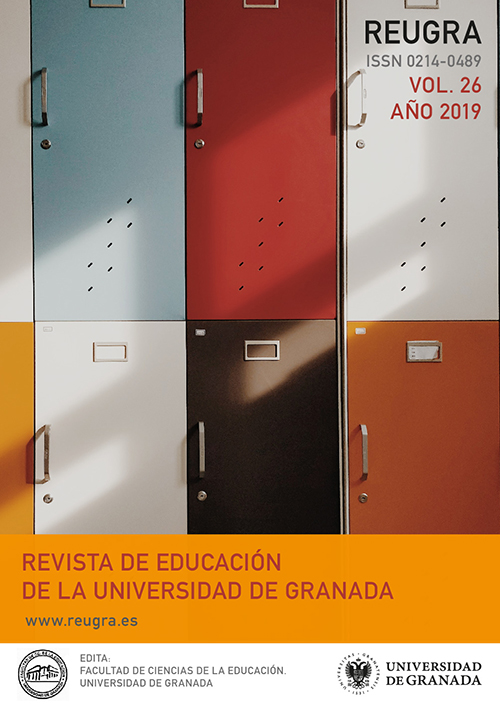Evaluación de la Inteligencia Emocional en el alumnado de Educación Primaria y Educación Secundaria
Contenido principal del artículo
Resumen
La educación de las emociones es un recurso fundamental, para reconocerlas y aprender a gestionarlas, aunque, primeramente, se hace necesario evaluarlas, para, posteriormente, poder desarrollar una serie de competencias y habilidades sociales, que ayuden a regular dichas emociones. El objetivo de esta investigación pretende analizar las características emocionales en el alumnado de 5º y 6º de Educación Primaria y de 1º y 2º de Educación Secundaria de un municipio de Granada. Método: se aplicó el cuestionarioTMMS-24 a 444 alumnos procedentes del municipio de Santa Fe (Granada), de una población de 475 alumnos. Los datos psicométricos de dicho instrumento arrojan que es válido y fiable. Resultados: los resultados obtenidos se analizaron con el programa estadístico IBM SPSS 23 y la mayoría del alumnado, a los cuales se les pasó el cuestionario, presentaba una Inteligencia Emocional adecuada. Conclusiones: los resultados arrojados por este estudio muestran que la mayoría del alumnado presenta una Inteligencia Emocional aceptable. Una Inteligencia Emocional satisfactoria es factor clave para el buen manejo y una gestión adecuada de las emociones.



